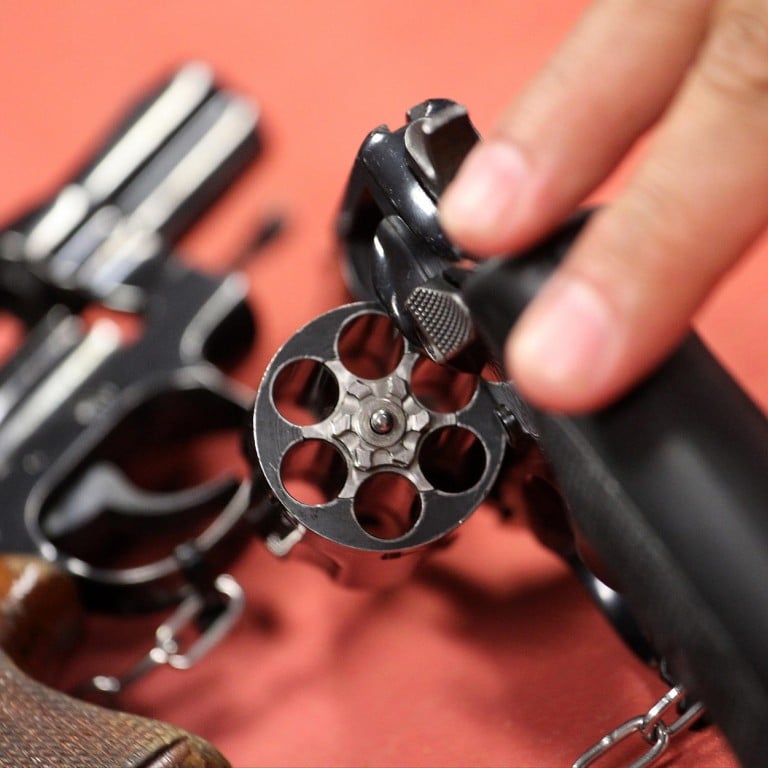
ICAC open days give a rare glimpse of how graft-busters work
It has the power to bring down the city's most influential people, and normally venturing beyond the reception areas would mean you were in serious trouble. But this month the Independent Commission Against Corruption is allowing members of the public a glimpse of its inner workings.
It has the power to bring down the city's most influential people, and normally venturing beyond the reception areas would mean you were in serious trouble. But this month the Independent Commission Against Corruption is allowing members of the public a glimpse of its inner workings.

Patricia Lui, acting regional ICAC officer, said there had been an "overwhelming" response to the ballot for tickets in December, with more than 5,300 quickly snapped up for the 90-minute tour.
The 20-storey, glass-fronted building on Java Road is a commanding enough sight but the true power of the watchdog really hits home once visitors enter the high-security HQ.
Visitors will get to see the interview rooms where high- profile suspects have fielded questions from officers investigating allegations of wrongdoing.
They will also be able to handle the firearms carried by about 100 or so specially trained ICAC officers when heading out to arrest particularly violent suspects. In 40 years, no ICAC officer has had to fire a single shot.
The tour also takes in the brightly lit identification suite, where suspects are paraded in front of witnesses.
This is the seventh series of open days in the commission's history, and the third since its relocation to North Point in 2007 from its former offices in Central.
One key exhibit, being shown for the first time, features three original logbooks of jailed former police chief superintendent Peter Fitzroy Godber - the man who was the catalyst for the establishment of an anti-corruption watchdog in 1974.
He accumulated millions of dollars in bribes during a period when corruption was endemic in the police force and government departments.
When Godber fled Hong Kong to escape investigation, the then governor, Murray MacLehose, ordered an inquiry which led to the ICAC being formed.
In recent years, the graft watchdog has been hit by its own crises, including accusations against its former chief Timothy Tong Hin-ming, who is alleged to have overspent on gifts, travel and entertaining mainland officials during his tenure.
